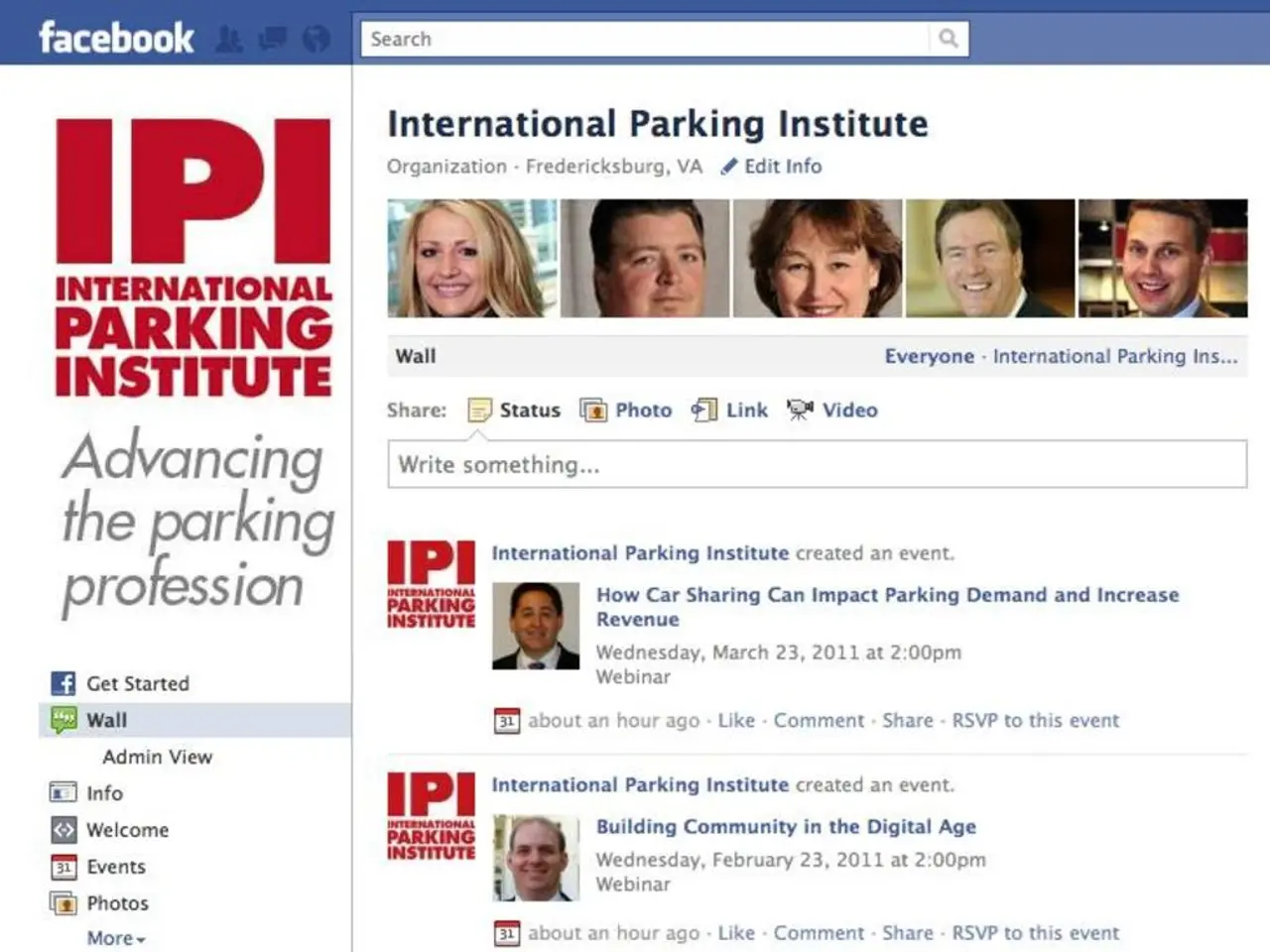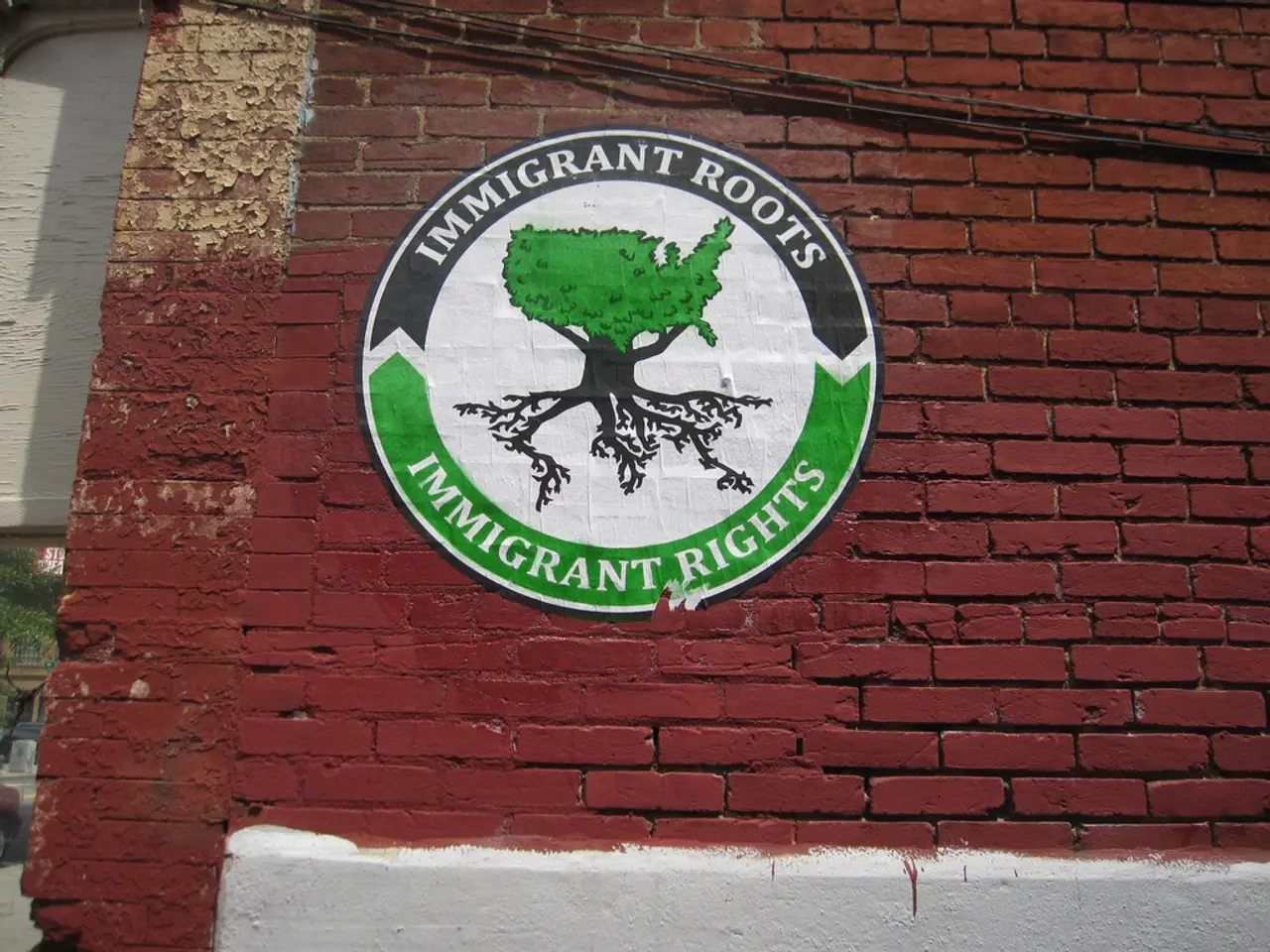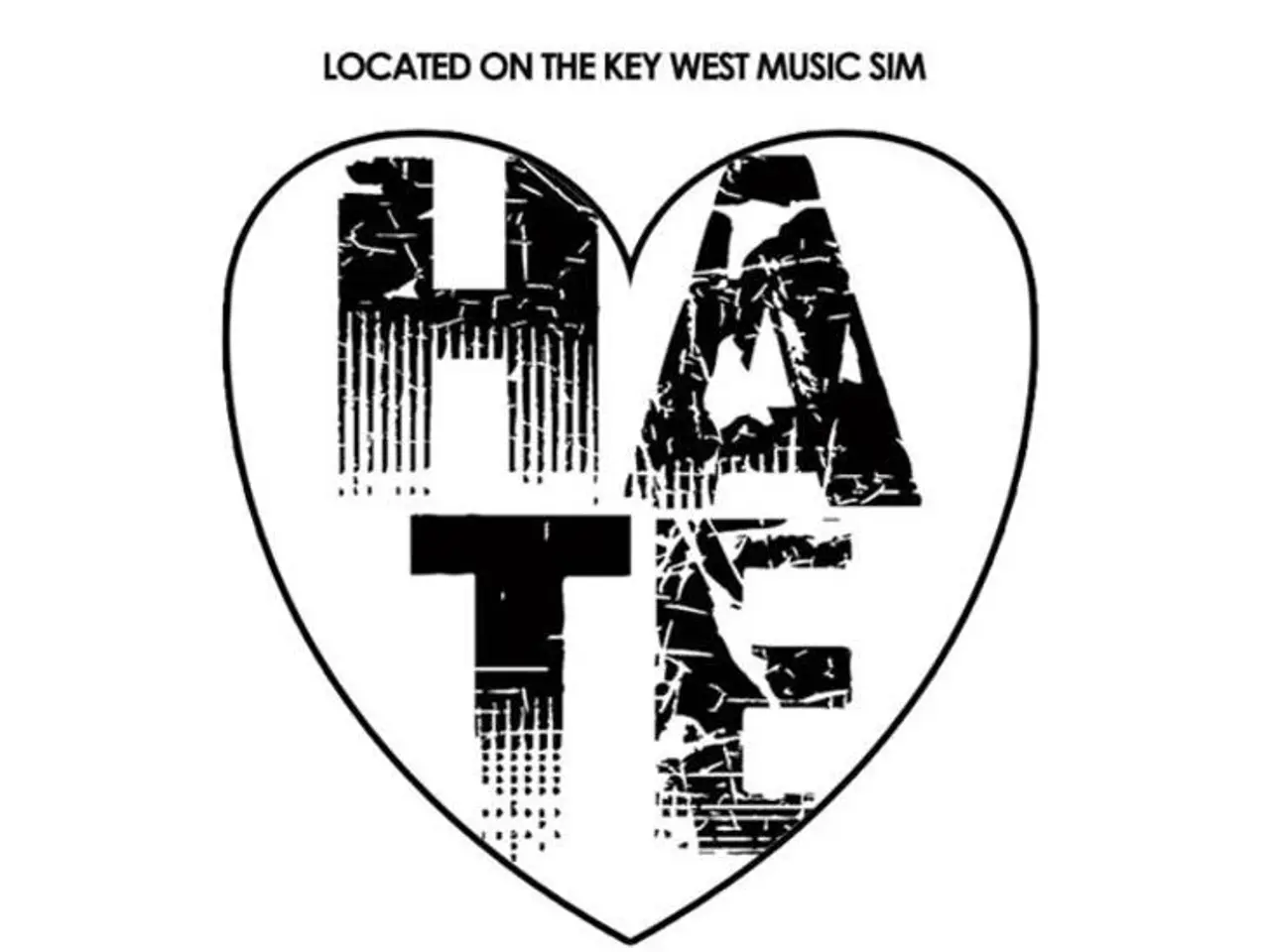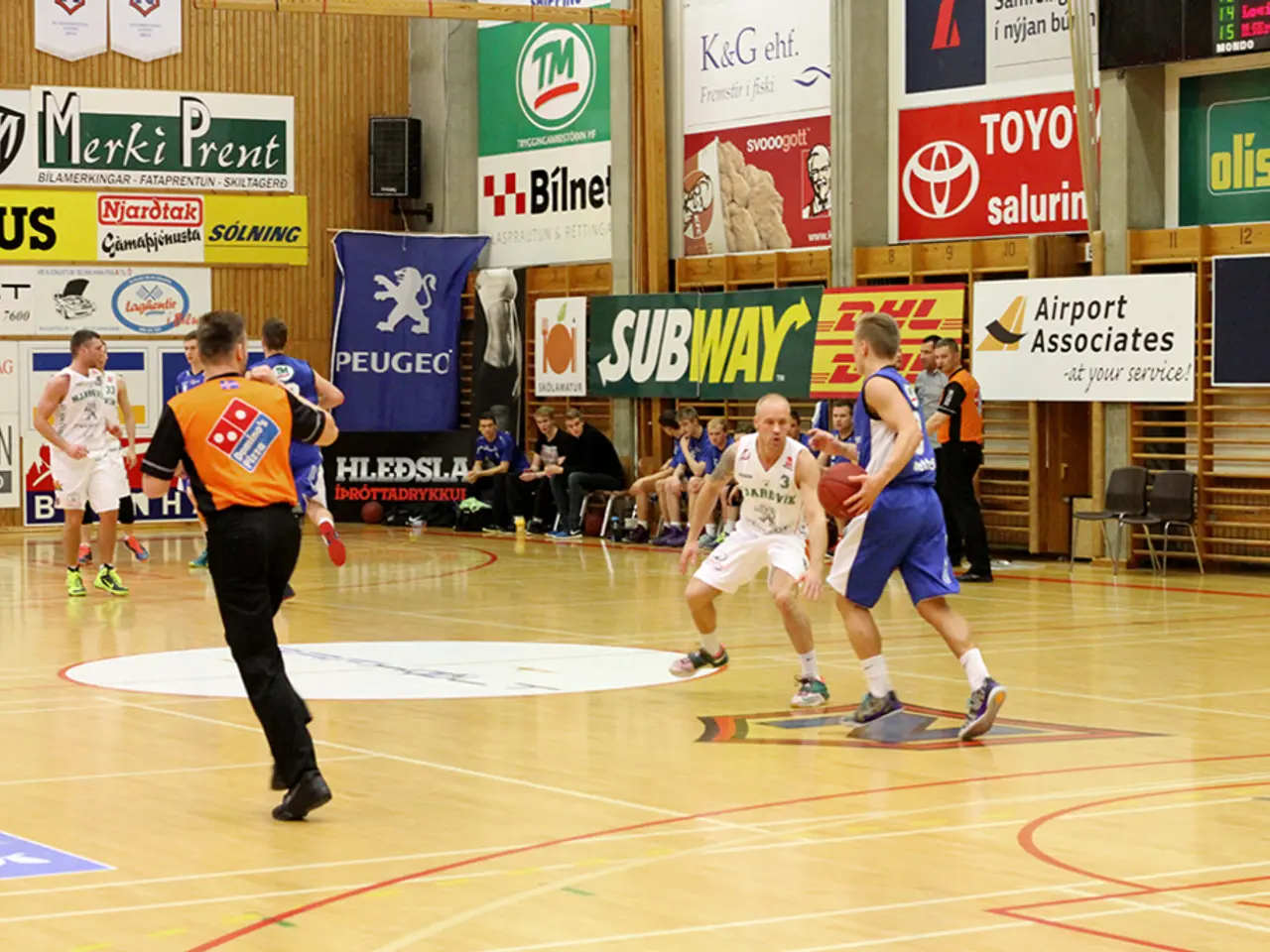Points given for cosmetic appearances: App promotes shallow values
Berlin (dpa) - Ever felt like online dating is more about chasing a perpetual high rather than finding that special someone? According to author Thomas Köhler in his new book "The Online Dating Trap," you're onto something.
"The biggest issue is that dating apps are not geared towards building long-term relationships," Köhler argues. "This flip flop of priorities—making money from unsuccessful users, instead of fostering real connections—is the root of many problems plaguing the digital dating scene."
Online dating is no longer just a fad; millions in Germany are jumping on the bandwagon. According to Bitkom, young people are particularly drawn to apps like Tinder, Bumble, Hinge, and Grindr, while dating apps just edge out partner matching platforms among those aged 30 to 49. Older internet users tend to favor sites like Parship or ElitePartner.
Talent, Charm, and Wit Take a Backseat Online
Köhler claims that all popular dating apps share a defect: they reduce human encounters to shallowness and superficial criteria such as age, location, and body size. Important factors like intelligence, education, charisma, humor, tolerance, and adaptability that matter to users are hard to quantify digitally and thus appear to be of little importance.
This superficial game often rewards those who leave reality at the door and exaggerate their appeal, says Köhler.
Lately, researchers have also flagged the issue of online dating burnout—a state of emotional fatigue, skepticism, and reduced productivity arising from constant disappointment and overexposure to potential partners. German psychologist Wera Aretz, writing in the "Journal of Business and Media Psychology" in 2024, discussed the psychological implications of unfulfilling digital dating experiences.
Love and Politics Go Hand-in-Hand
Beyond superficiality, another recent trend is the politicization of dating. Users can display their stance with various emojis and icons in their profiles. For instance, some employ the watermelon emoji (black, white, green, and red)—a symbol originally representing solidarity with Palestinians and opposing the Gaza war. In some cases, this emblem indicates a broader stance against Israel.
Köhler believes that keeping tabs on political beliefs should be a part of the dating equation: "Politics has always had a significant impact on relationships. Many apps now offer political affiliation as an option—for transparency and to prevent potential conflicts."
In an age where love and politics are increasingly intertwined, it might be wise to take note of that extra bit of information in your search for a match. After all, understanding each other's values is crucial when it comes to navigating the complexities of modern relationships.
- Thomas Köhler argues that dating apps, like Tinder, Bumble, Hinge, Grindr, and others, are not designed to foster long-term relationships, prioritizing profit over building genuine connections.
- In his book "The Online Dating Trap," Köhler contends that popular dating apps reduce human encounters to superficial criteria, undervaluing important factors such as intelligence, education, charisma, humor, and adaptability that matter to users.
- German psychologist Wera Aretz discussed the psychological implications of unsatisfying digital dating experiences in "Journal of Business and Media Psychology" in 2024, warning about the potential for online dating burnout due to constant disappointment and overexposure to potential partners.





